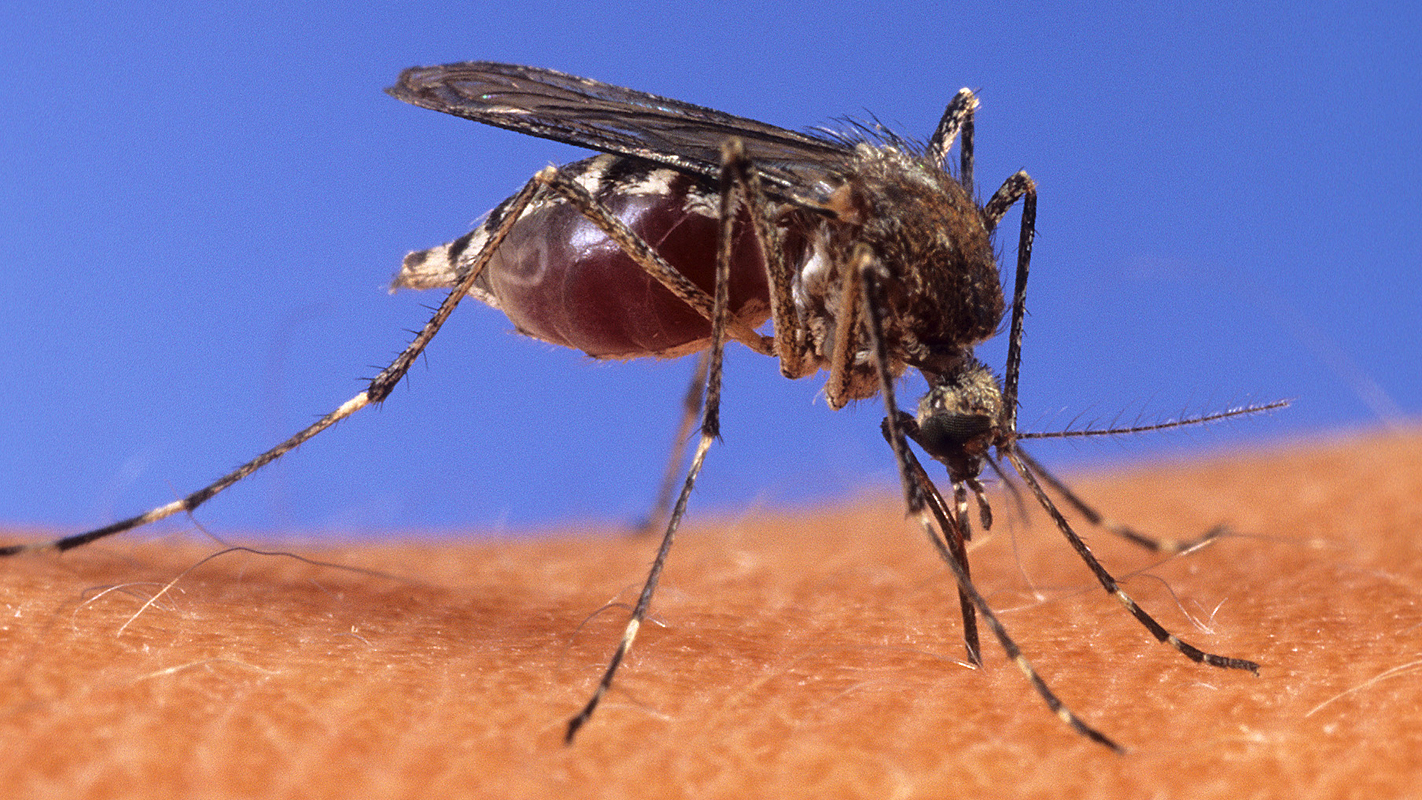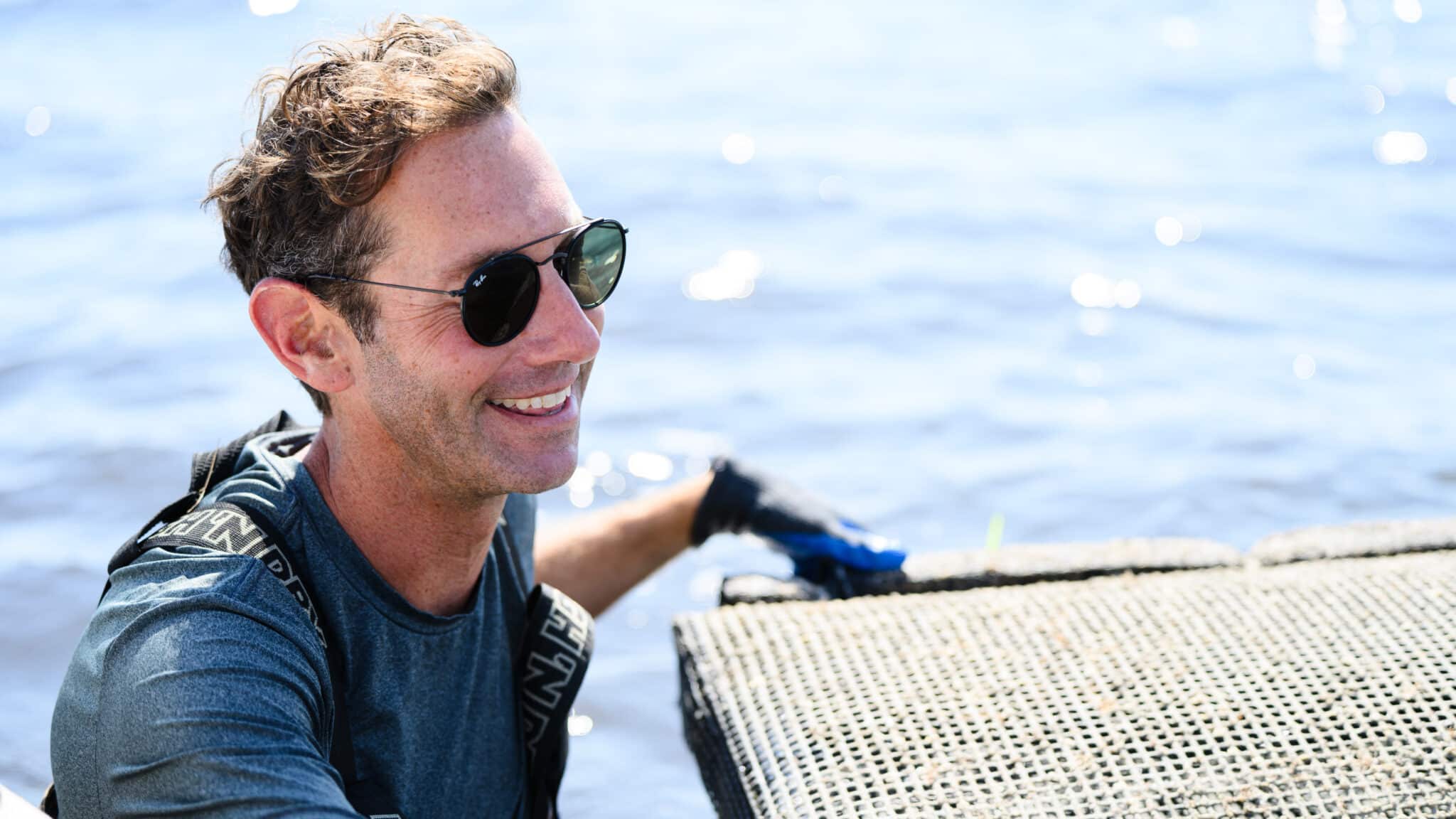Podcast: Mosquitoes and Disease


Mathematical biologist Alun Lloyd talks about the spread of mosquito-borne illnesses in the U.S. and the methods we can use to stop them. Read on for some highlights.
“Viruses can’t reproduce by themselves,” says Lloyd. “In order to reproduce, they need to use the cellular machinery of a host species.
“Mosquito-borne infections of viruses that infect humans generally have a two step life cycle. They have to be in the mosquito and then they get transmitted to a person and then they get transmitted back to the mosquito. There can be some exceptions to that, but generally the infection is going backwards and forwards between the mosquito and the human. Of course, where it originally comes from is a bit like chicken and egg.
“We make mathematical models that actually describe how transmission happens back and forth between humans and mosquitoes.”
“If we know, or if we can predict, how many mosquitoes there are, what fraction of the human population has infection, and what the probability of transmission is when a mosquito bites a person, then we can figure out how many mosquitoes are going to catch infection. Then we asked the question the other direction. We can figure out how many people are going to have the infection and we can figure out how the virus moves through this transmission chain.”
If the mosquitoes that can carry viruses like Dengue and Zika are already here, how do we stop the spread? One answer could be releasing genetically modified mosquitoes into the local mosquito population.
“I’m always staggered by the amount of press that say, for example, shark attacks get, and if you look up the numbers, there are something like around the world, 10 human deaths from shark attacks every year. But if you look at mosquitoes and the infections they carry, those mosquitoes and their infections kill about 750,000 people every year still.”
“The modified mosquitoes are Aedes aegypti mosquitoes that have been modified to carry a gene that prevents their offspring from surviving to adulthood,” Lloyd says. “The idea is you release lots of these altered (male) mosquitoes, so that many or most of the native Aedes aegypti mosquitoes mate with these modified mosquitoes. Then the offspring from all those matings will be doomed. They won’t survive to adulthood.”
“Male mosquitoes don’t bite. So you neither increase the nuisance nor the disease risk.”


